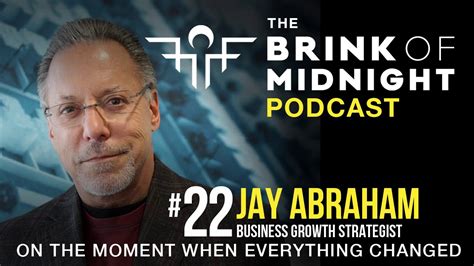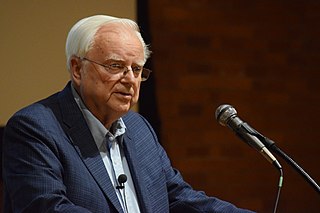A Quote by Aldous Huxley
Words are magical in the way they affect the minds of those who use them.
Related Quotes
The old idea that words possess magical powers is false; but its falsity is the distortion of a very important truth. Words do have a magical effect - but not in the way that magicians supposed, and not on the objects they were trying to influence. Words are magical in the way they affect the minds of those who use them.
Make your copy straightforward to read, understand and use. Use easy words; those that are used for everyday speech. Use phrases that are not too imprecise and very understandable. Do not be too stuffy; remove pompous words and substitute them with plain words. Minimize complicated gimmicks and constructions. If you can't give the data directly and briefly, you must consider writing the copy again.
To use Newton's words, our efforts up till this moment have but turned over a pebble or shell here and there on the beach, with only a forlorn hope that under one of them was the gem we were seeking. Now we have the sieve, the minds, the hands, the time, and, particularly, the dedication to find those gems-no matter in which favorite hiding place the children of distant worlds have placed them.
Solar flares affect our everyday lives in all kinds of mundane ways. They affect satellites, they affect our emotions, and so on, but they also affect the nature of the light that is coming to us, which is kind of the way that the DNA unfolds. And on those levels hardly anyone really understands all of this, and I don't either. I just know that what is going on in the Sun is very important.
Place yourself in the background; write in a way that comes naturally; work from a suitable design; write with nouns and verbs; do not overwrite; do not overstate; avoid the use of qualifiers; do not affect a breezy style; use orthodox spelling; do not explain too much; avoid fancy words; do not take shortcuts as the cost of clarity; prefer the standard to the offbeat; make sure the reader knows who is speaking; do not use dialect; revise and rewrite.




































